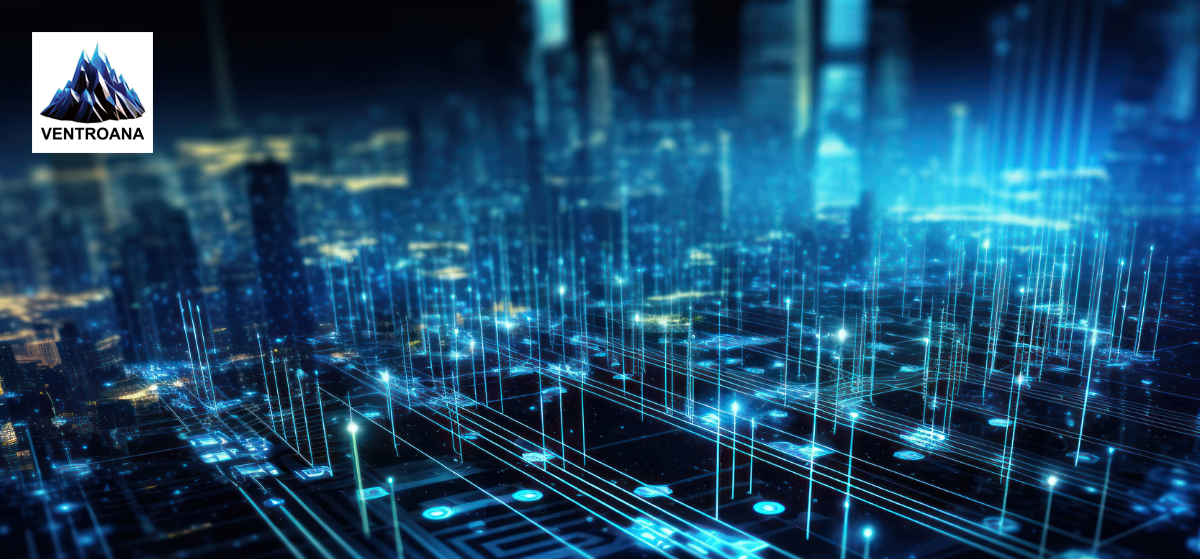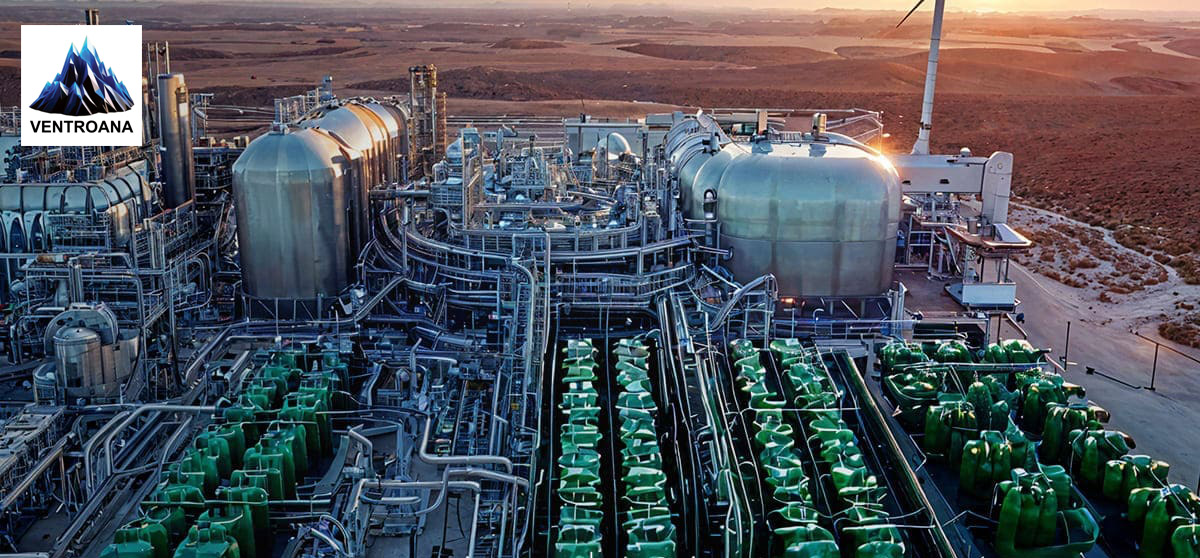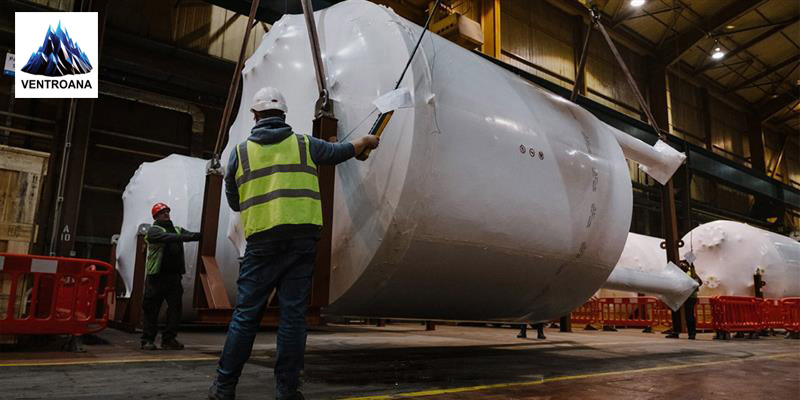Power Generation
May 16, 2024

A transition towards sustainable energy systems is imperative in an era of climate change and environmental degradation. Traditional power systems rely on fossil fuels and must become more sustainable to address increasing environmental issues.
New technologies and changing ideas lead to a decentralized way of generating and distributing energy. This offers a hopeful option for the future of power.
Renewable energy lies at the center of the transition towards decentralized energy systems. Renewable sources such as solar, wind, and hydroelectric power offer a clean and inexhaustible energy supply. By harnessing these abundant resources, decentralized systems mitigate the environmental impact of traditional power generation and reduce dependence on non-renewable fuels.
Renewable energy technologies' scalability and versatility make them ideal candidates for decentralized power systems. They also enable localized generation and foster energy independence.
Clean energy technologies are vital in driving the transition towards decentralized power systems. Innovations in solar panels, wind turbines, and energy storage systems are revolutionizing how we generate, store, and distribute energy.
Advances in efficiency, affordability, and reliability are making clean energy increasingly competitive. This accelerates the transition towards a sustainable energy future. Clean energy technologies such as solar arrays and microgrids are assisting communities in managing their energy future.
These technologies benefit communities that are both connected to the grid and off-grid. Solar arrays and microgrids provide a sustainable energy solution for communities. They offer more control over energy production and consumption.
Decentralized energy systems are redefining the traditional notion of power systems. Instead of relying on large, centralized power plants and extensive transmission networks, decentralized systems prioritize local generation and distribution.
Microgrids and smart grids enable communities to optimize energy usage, enhance resilience, and reduce vulnerability to disruptions. We can build a more robust, adaptable, and responsive energy infrastructure by decentralizing power systems.
Microgrids play a vital role in this transitional shift towards decentralization. So, what are microgrids, and how do they work? Microgrids are small, self-contained energy systems operating independently or with the primary power grid. Microgrids use solar panels, wind turbines, batteries, and control systems for local power.
In 2024, the United States had installed 692 microgrids, collectively generating close to 4.4 gigawatts of power. In the last four years, over 212 microgrids have been built, totaling more than 419 MW in capacity.
The global microgrid market is poised for remarkable growth. Its projected trajectory of USD 42.65 billion in 2024 indicates an impressive rise. The market is projected to reach over USD 168.64 billion by the end of 2032. The projected annual growth rate from 2022 to 2032 is 18.7%.
The Microgrid Market Size is expected to reach USD 168.64 Billion in 2032, with a CAGR of 18.7%.
| Report Coverage | Details |
| Market Size in 2024 | USD 42.65 Billion |
| Market Size by 2032 | USD 168.64 Billion |
| Growth Rate from 2022 to 2032 | CAGR of 18.7% |
Decentralization Energy Systems and Global Energy Storage Market Size.
Experts anticipate a significant rise in the Global Decentralized Energy Systems market. Two thousand twenty-four, it will grow steadily, and key players will adopt more strategies. Bloomberg predicts the global energy storage market will grow six times from 2017 to 2030, according to a report.
The transition towards decentralized energy systems is challenging. Regulatory barriers, technological limitations, and financial constraints pose significant hurdles to widespread adoption. However, these challenges also present opportunities for innovation, collaboration, and investment.
Policy incentives, public-private partnerships, and community engagement initiatives are essential for overcoming barriers and speeding up the transition toward sustainable energy systems. Together, we can use decentralized energy to make a better future with more fairness, strength, and sustainability for everyone.
Decentralized energy systems represent a paradigm shift in generating, distributing, and consuming energy. We can move towards a more sustainable future by using renewable and clean energy technologies.
The time to act is now. Let's adopt decentralized energy systems and create a world powered by innovation, resilience, and renewable energy.
Ventro Analytics is revolutionizing how we think about energy systems by championing decentralized solutions that empower communities and businesses.
With our vast range of expertise, we offer consultancy services for installing decentralized energy systems. These systems supplement centralized energy grids, promoting renewable energy use, combining heat and power, and enhancing eco-efficiency by reducing fossil fuel reliance.
Ventro Analytics is ready to provide valuable insights and comprehensive services, from installing solar panels to battery storage and microgrids. Contact us to embark on your renewable energy journey for decentralized energy systems.
Tags: Energy Systems Renewable Energy Clean Energy Power Systems Energy Transition

Successful Implementation of Green Hydrogen in Power Plants
Discover how green hydrogen revolutionizes power plants with sustainable energy solutions, reducing ...

Driving Innovation and Resilience: Insights from the 10th Annual Energy Supply C...
Gain insights on driving innovation and resilience at the 10th Energy Supply Chain & Procurement Sum...

Understanding EPC Engineering: Key Concepts Explained
Discover the essentials of EPC Engineering, covering contracts, project phases, and roles of EPC con...